JournalismPakistan.com | Published May 02, 2014
Join our WhatsApp channel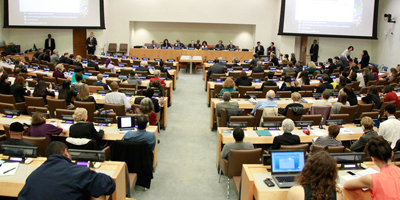
NEW YORK: Free media, traditional and new, are indispensable for development, democracy and good governance, United Nations officials said, spotlighting Press Freedom Day – observed annually on May 3 – to urge governments, societies and individuals to actively defend this fundamental right as a critical factor in achieving internationally agreed development goals.
"Freedom of expression, independent media and universal access to knowledge will fortify our efforts to achieve lasting results for people and the planet,” said Secretary-General Ban Ki-moon, opening a briefing at UN Headquarters on “Media freedom for a better future: shaping the post-2015 development agenda.”
The discussion mirrors the theme of this year’s World Press Freedom Day, which, along with proving an opportunity to celebrate the fundamental principles of this freedom and to pay tribute to the journalists that have lost their lives in the line of duty, will spotlight the media’s importance in development; the safety of journalists and the rule of law; and the sustainability and integrity of journalism.
The briefing will also feed into the major effort under way throughout the UN System to achieve a new development agenda to succeed the landmark Millennium Development Goals (MDGs). Those targets, agreed by world leaders at a UN summit in 2000, aim to slash extreme hunger and poverty, cut maternal and infant mortality, combat disease and provide access to universal education and health care, all by the end of 2015.
In his remarks, Mr. Ban said that every day of the year, the fundamental freedom to receive and impart ideas through any media is under assault, “to the detriment of us all.” Indeed, journalists are being singled out for speaking or writing uncomfortable truths – kidnapped, detained, beaten and sometimes murdered.
“Such treatment is completely unacceptable in a world ever more reliant on global news outlets and the journalists who serve them,” said the UN chief.
John Ashe, President of the UN General Assembly, said freedom of expression and freedom of the press are fundamental rights that form an essential pillar of democratic societies. “When journalists are able to report freely, they support informed citizen participation in political and social processes and promote civic engagement,” he added.
Ashe recalled that in December 2013, the Assembly adopted for the first time a resolution condemning all attacks and violence against journalists and media workers, and proclaimed November 2 as the International Day to end Impunity for Crimes against Journalists.
“Our Assembly called upon Member States to promote a safe and enabling environment for journalists to perform their work independently and without undue interference. In this regard, the UN Plan of Action on the Safety of Journalists and the Issue of Impunity is an important multi-stakeholder mechanism,” he said, adding that only by ensuring that journalists can work safely and without fear will they be able to give voice to those who do not have one, tell stories that are untold and help build open and transparent societies.

June 11, 2025: Pakistan celebrated a narrow win over Bangladesh, but beneath the jubilation lies a deeper crisis—from sidelined veterans to a collapsing domestic structure—signaling an urgent need for cricket reform.
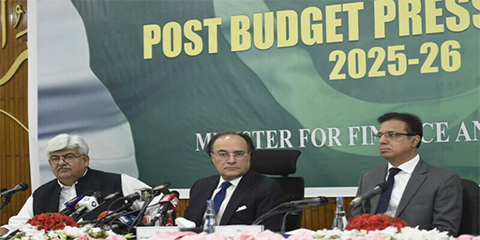
June 11, 2025: Journalists walked out of the post-budget press conference in Islamabad to protest the absence of a technical briefing and the government's dismissive behavior, calling it unacceptable and intolerable.
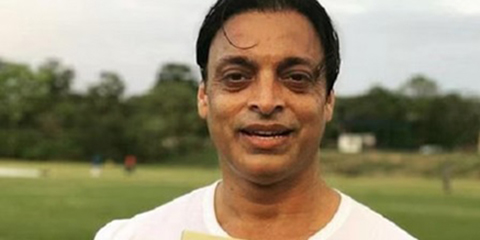
May 31, 2025: Dr. Nauman Niaz has issued a defamation notice to Shoaib Akhtar over derogatory remarks made during a recent broadcast, reigniting a longstanding media feud between the two prominent figures in Pakistan.

May 30, 2025: The Human Rights Commission of Pakistan has demanded the full repeal of PECA, citing its vague language, coercive powers, and threats to free speech and digital rights in Pakistan.
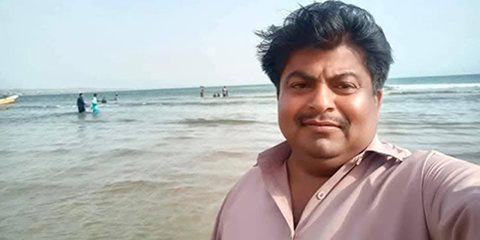
May 30, 2025: The Pakistan Federal Union of Journalists (PFUJ) has condemned the murder of journalist Syed Mohammed Shah in Jacobabad, calling for urgent justice and improved safety for media professionals in Sindh.

May 26, 2025: In Rawalpindi, police allegedly side with Jang Group to block 66 reinstated employees from resuming work despite court orders, drawing sharp criticism from unions and press freedom advocates.

May 25, 2025: PFUJ condemns the Jang Group's decision to dismiss over 80 employees in Rawalpindi, calling it an 'economic massacre.' The union warns of nationwide protests if workers are not reinstated.
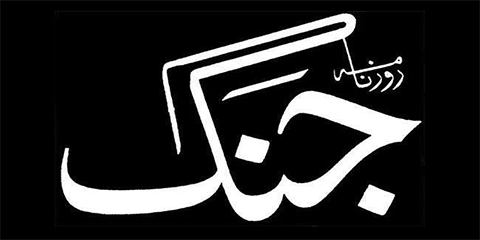
May 25, 2025: Daily Jang Rawalpindi has terminated over 80 employees, including female staff, despite multiple court rulings in their favor—raising concerns over labor rights violations and misuse of authority in Pakistani media.
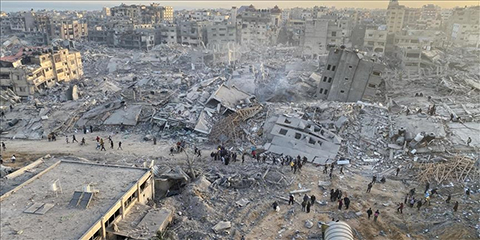
May 19, 2025 PJS reports 219 Palestinian journalists killed in Israeli attacks since October 7, with 30 women among the victims. Over 430 were injured and 685 family members were killed. Read more on the systematic targeting of media in Gaza.

May 15, 2025 Discover the legacy of Samiullah Khan, Pakistan’s legendary "Flying Horse," whose breathtaking speed and artistry redefined hockey. From Olympic glory to World Cup triumphs, his story is one of myth, movement, and magic.
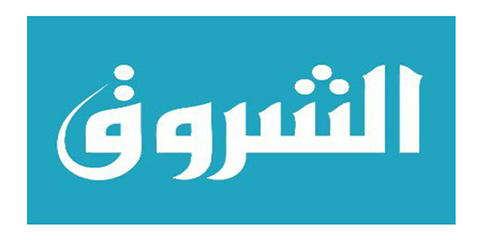
May 04, 2025 Algerian authorities suspend Echorouk News TV for 10 days after it used a racist slur against African migrants. ANIRA demands an apology, calling it a violation of human dignity.

May 04, 2025 NCHR and MMfD launch a journalism fellowship to train reporters on digital rights & gender inclusion in Pakistan. Supported by UNESCO, this initiative aims to bridge the gender digital divide. Apply by May 15, 2025!
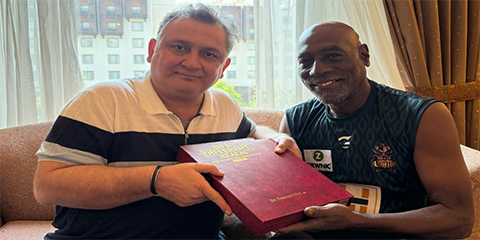
April 23, 2025 Discover Dr. Nauman Niaz’s In A Different Realm: Story of Quadruple & Triple Centuries 1876–2025, a profound exploration of cricket's most monumental innings, blending historical analysis with poetic narrative.